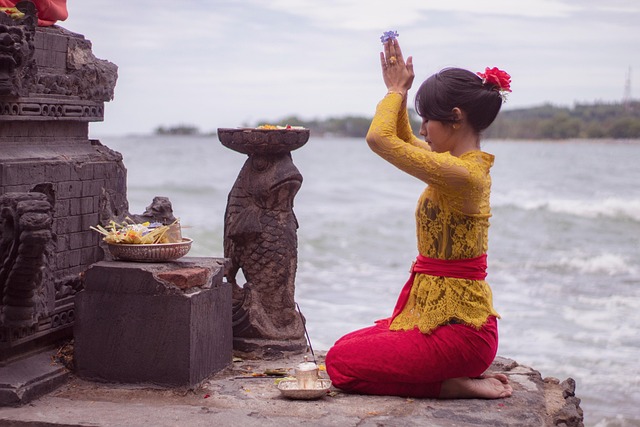Across the globe, ancient religious customs hold a special place in the hearts of many. These old customs, passed down through generations, form the backbone of cultural identity and spiritual practice for various communities. From the intricate ceremonies performed during significant life events to the daily rituals that instill a sense of belonging, embracing tradition is an enriching experience that connects us deeply to our roots.
Many religions, such as Hinduism, Christianity, Islam, and Buddhism, are steeped in time-honored practices that reflect the values and beliefs of their followers. In Hinduism, for instance, the festival of Diwali signifies the triumph of light over darkness, and its rituals of lighting lamps, sharing sweets, and performing puja create a festive atmosphere. This celebration is not just an event; it’s a vivid reminder of the old customs that connect individuals to their heritage and bring families together.
In Christianity, the observance of Lent and Easter showcases a blend of somber reflection and joyous celebration. The traditions surrounding these events, such as fasting, penance, and the resurrection narrative, allow believers to engage with their faith on a profound level. These old customs reinforce community bonds as congregations gather to partake in rituals that have been enriched by centuries of devotion.
The beauty of Islamic practices is evident in the month of Ramadan, marked by fasting and prayer. This sacred time is filled with old customs that emphasize self-discipline, charity, and solidarity with those in need. Breaking fast during Iftar, sharing meals with family and friends, and participating in nightly Taraweeh prayers create a rich tapestry of spiritual engagement that resonates deeply with practitioners.
Buddhism offers a unique perspective on tradition with its focus on mindfulness and meditation. Celebrations like Wesak, which commemorates the birth, enlightenment, and death of the Buddha, draw followers to ancient practices such as candle lighting and chanting. Engaging with these old customs fosters a sense of peace and reflection, allowing individuals to deepen their understanding of the teachings and their own spirituality.
Across all faiths, the act of embracing tradition is a powerful affirmation of one’s identity. It serves as a bridge between the past and present, helping individuals navigate the complexities of modern life while remaining grounded in their ancient beliefs. As we reflect on these practices, it becomes evident that old customs are more than mere rituals; they represent the shared values and experiences of communities that have stood the test of time.
Moreover, in a rapidly changing world, these ancient religious customs provide stability and continuity. They invite us to pause and reflect on our heritage, encouraging us to honor those who have come before us. As we participate in these cherished traditions, we not only preserve our own cultural narratives but also enhance our collective understanding of what it means to be part of a diverse, interconnected world.
In essence, exploring ancient religious customs invites us to delve into a rich heritage that shapes our identities and beliefs. By cherishing these old customs, we ensure that the stories, wisdom, and lessons of our ancestors continue to inspire future generations. Each ritual, each practice, holds the potential to connect us to a larger narrative, weaving together the threads of humanity in a beautiful tapestry of faith and tradition.




